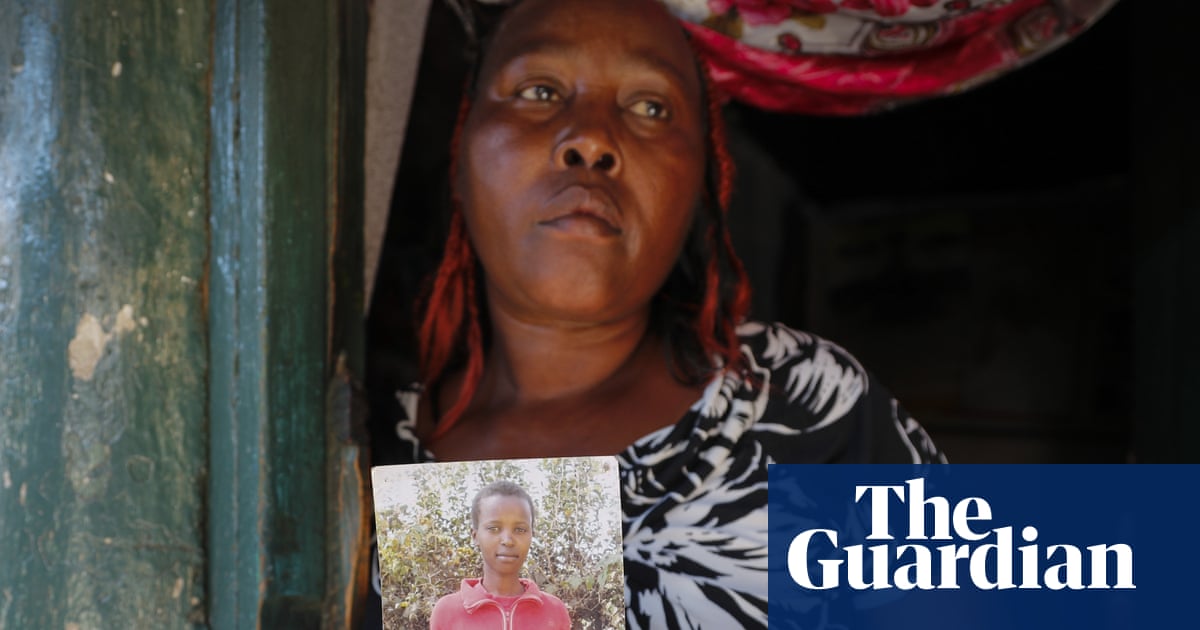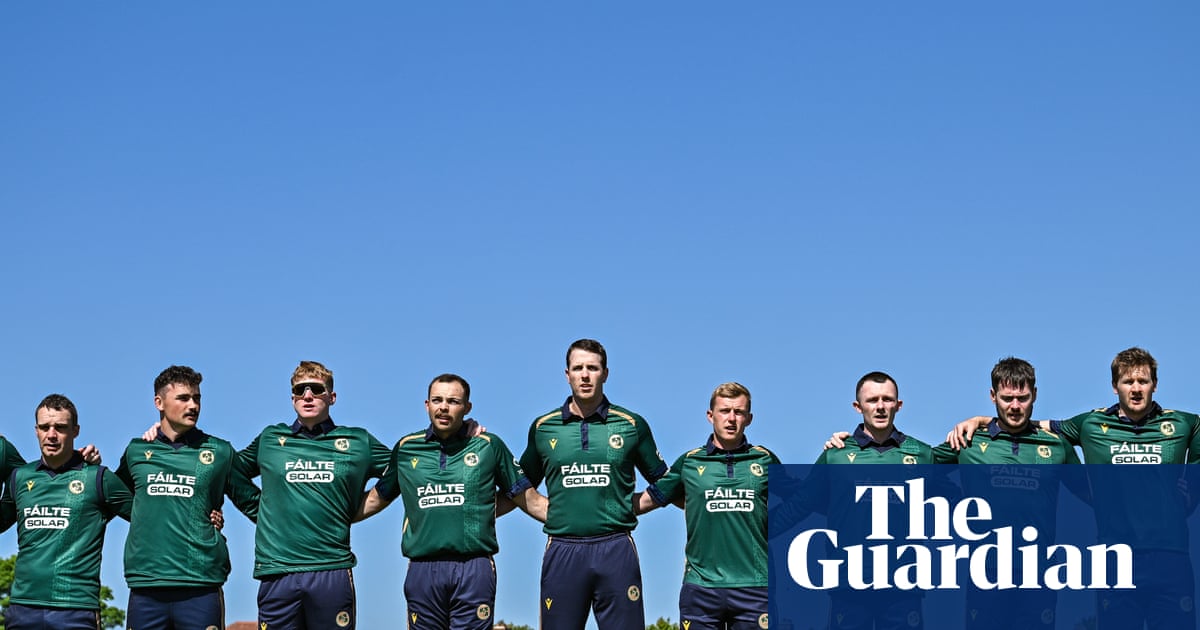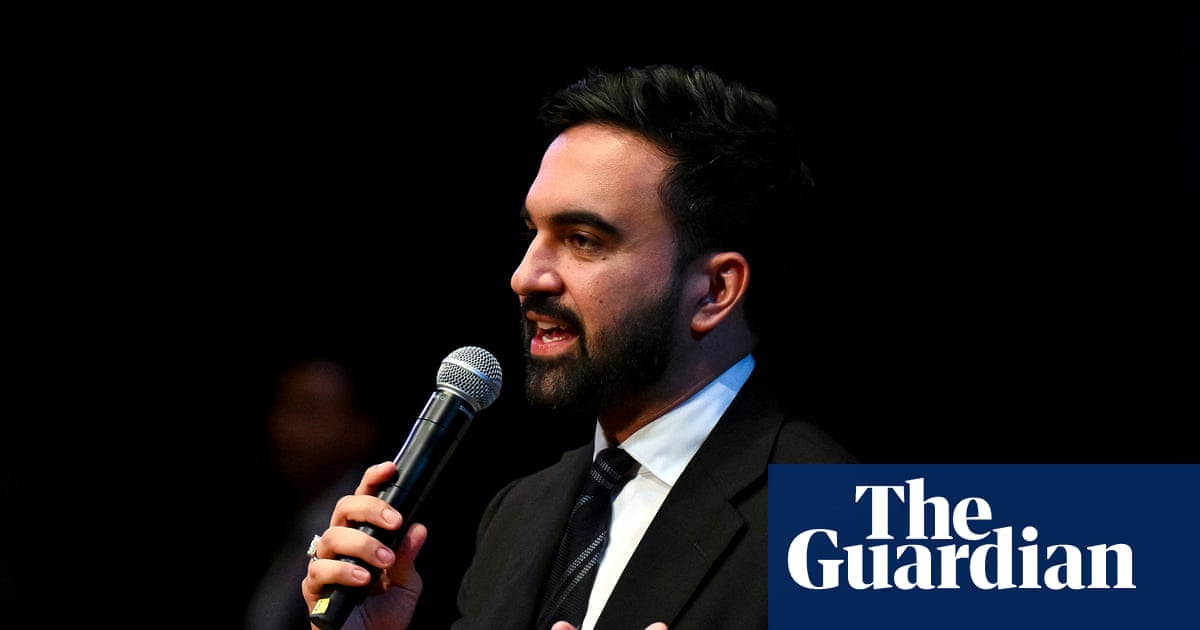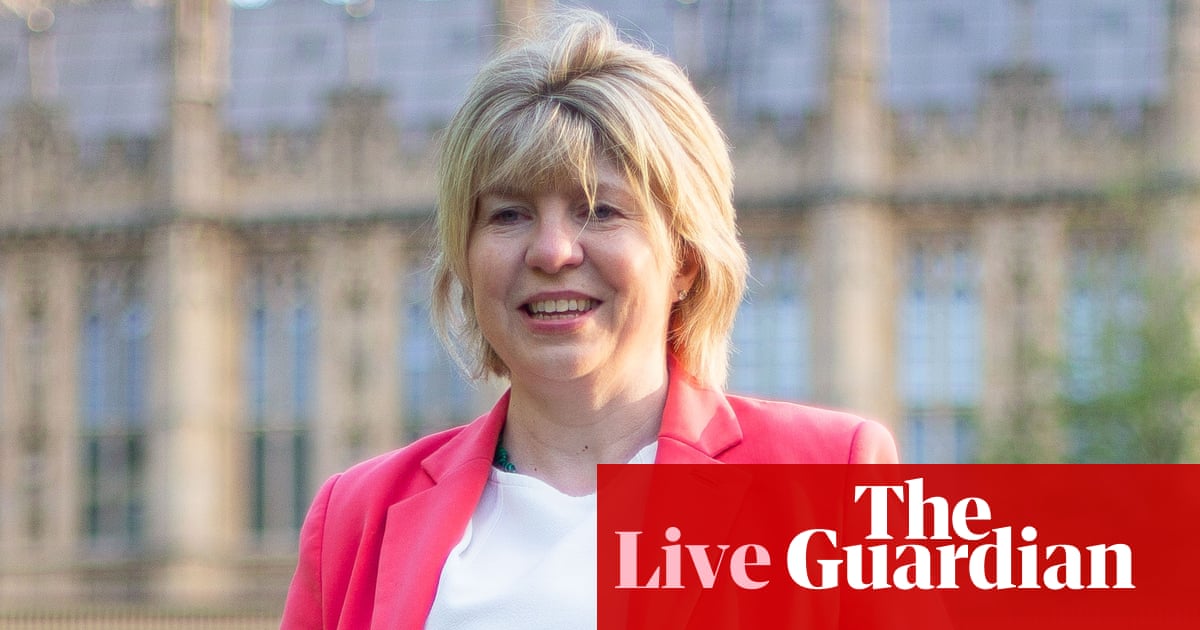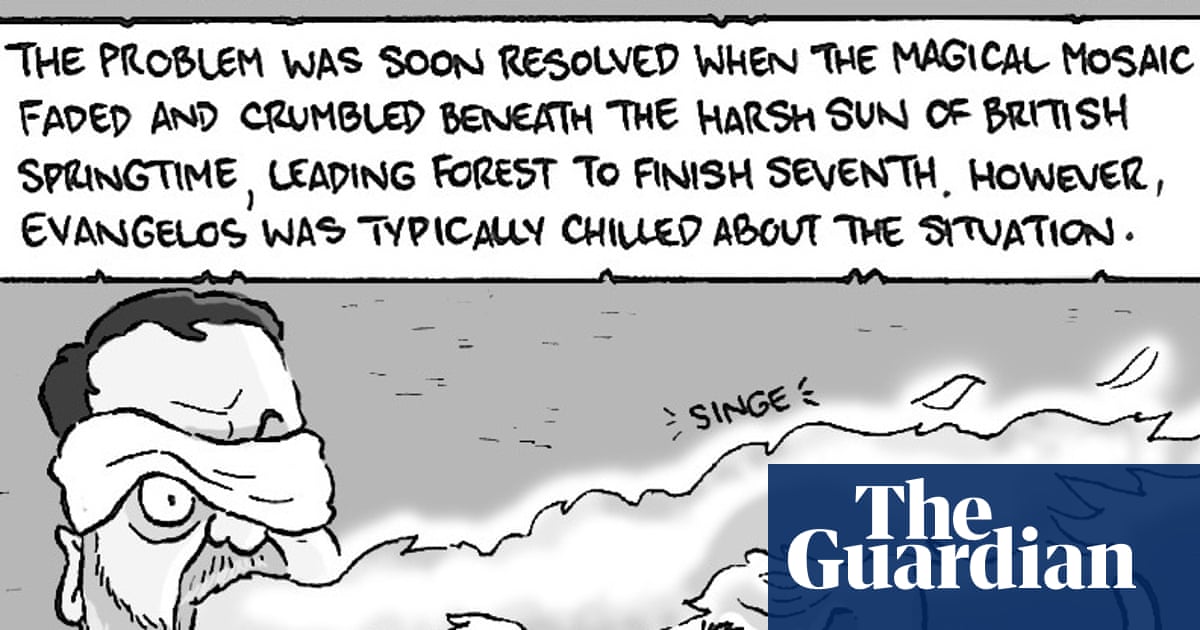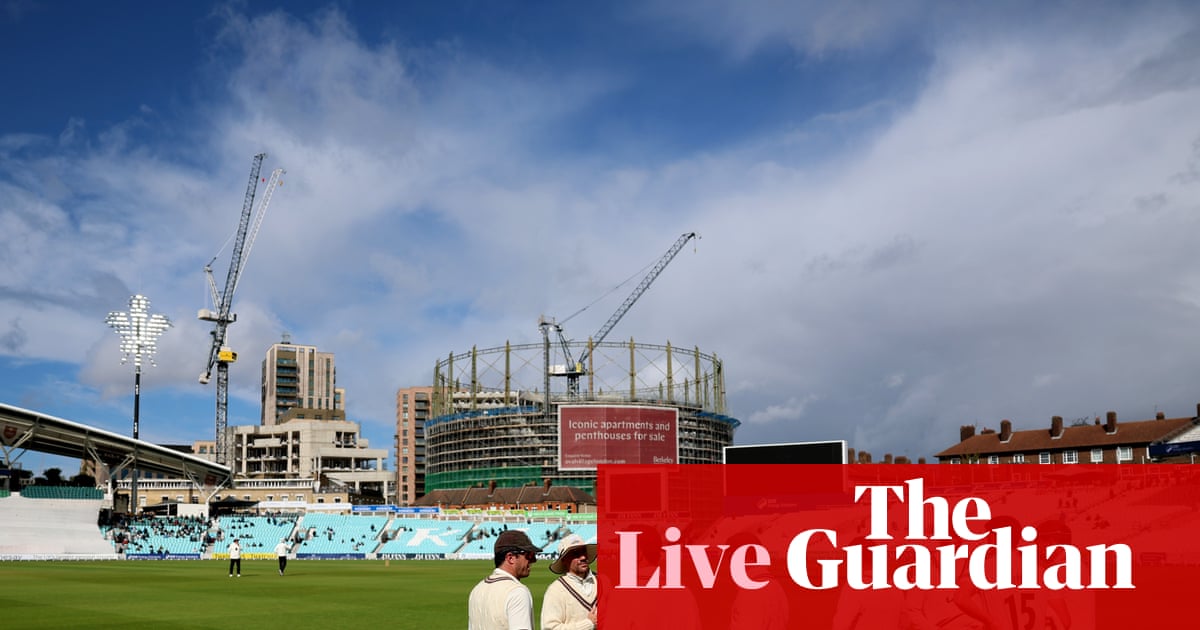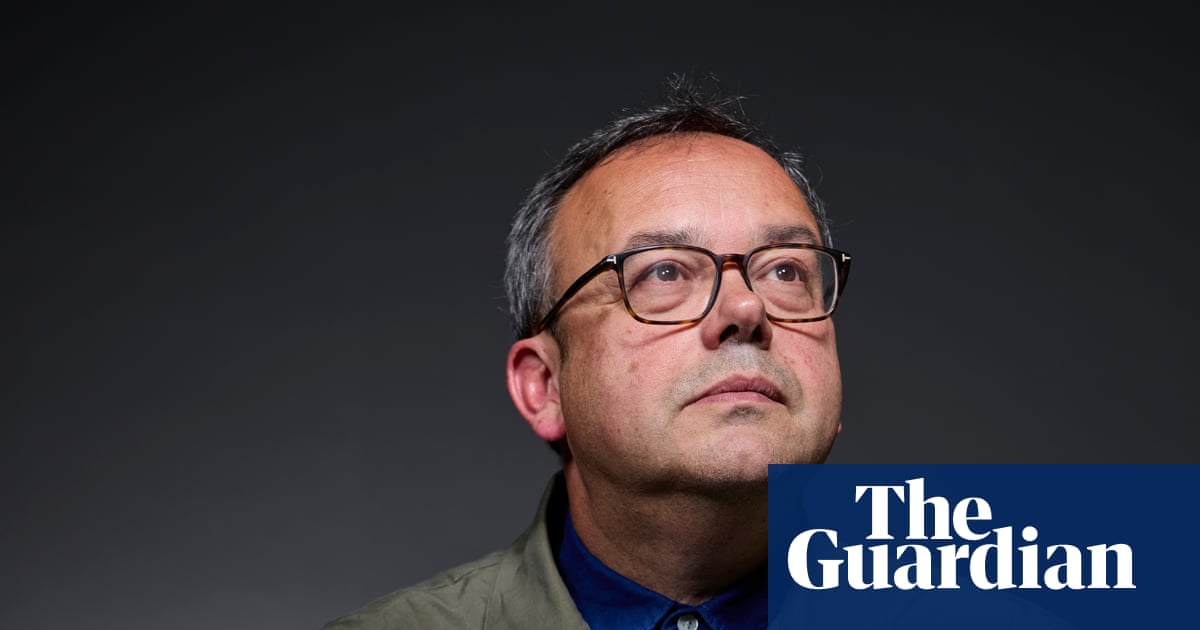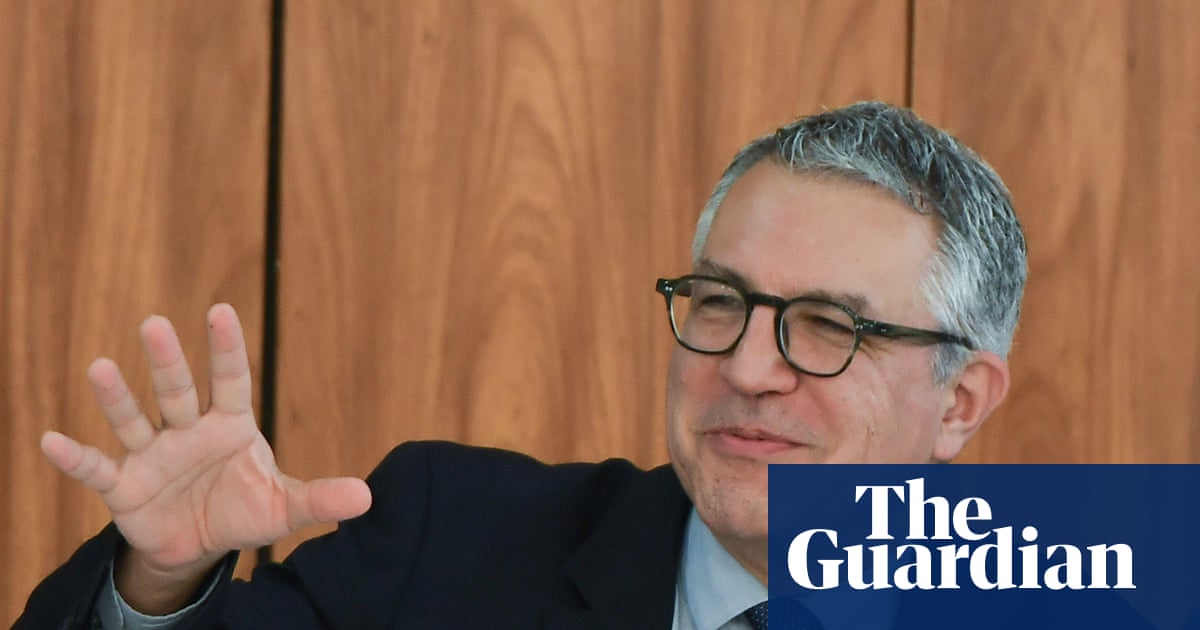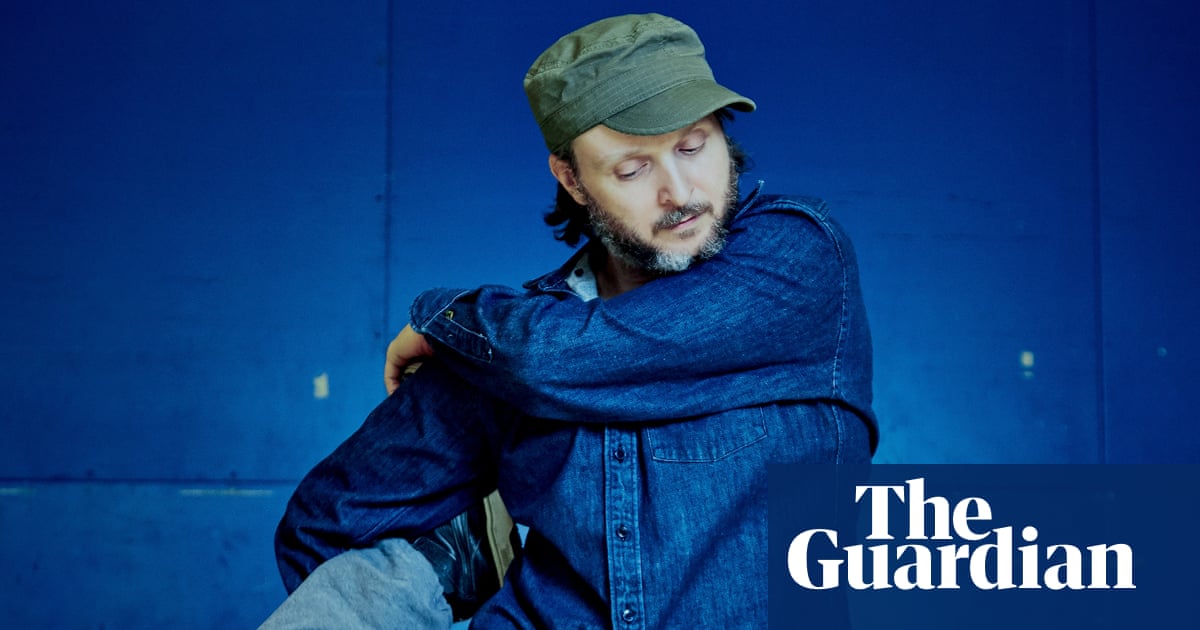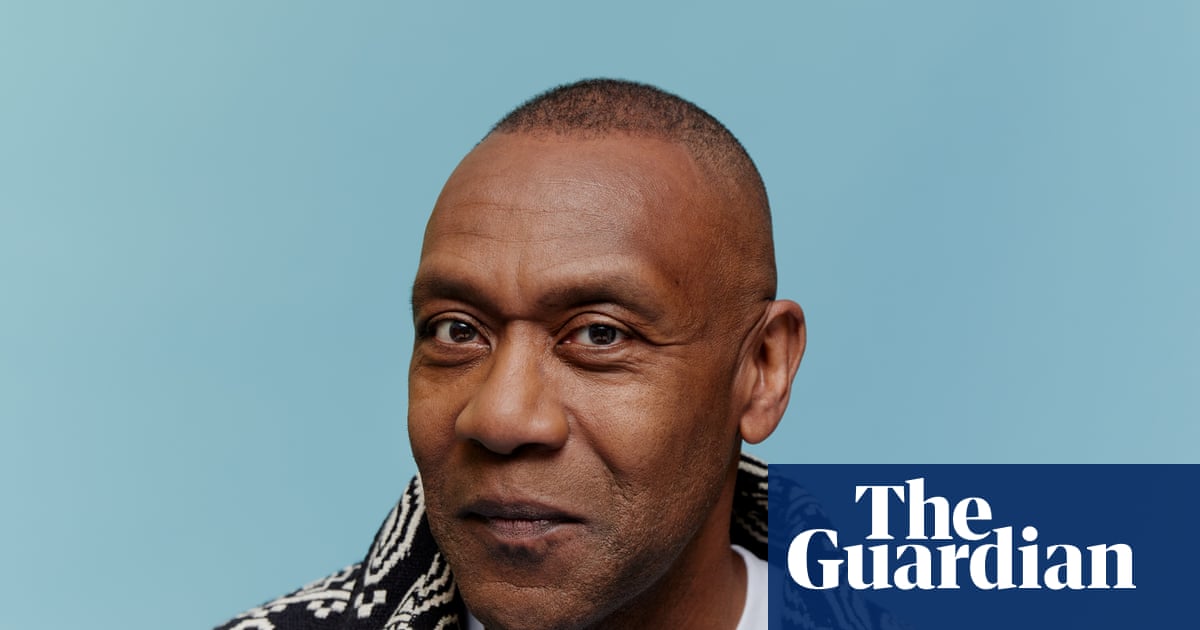Charley Baginsky’s pink hair and piercings do not conform to the popular image of a rabbi, but her personal choices speak to the cornerstone of inclusivity on which a new British Jewish movement stands.
In a historic step that could redefine British Judaism, the Liberal and Reform traditions in the UK merged earlier this month to form Progressive Judaism, with each group voting 95% in favour of uniting. Baginsky co-leads the movement with Rabbi Josh Levy, a self-confessed “middle-aged man with a beard”.
The votes were the culmination of two years of soundings, mostly against the backdrop of the horrific attack on Israelis by Hamas on 7 October 2023 and the devastating war waged in Gaza ever since. Now, as despair and revulsion at Israel’s renewed assault on people in Gaza felt by many British Jews spills over into the public domain, Progressive Judaism is under a spotlight.
“We are a Zionist movement – that is, we are committed to there being a Jewish, liberal, pluralist, democratic state in our historic homeland,” said Levy. “That remains our vision.”
But, he added, “the vast majority of Jews in this country are really troubled by what is happening. One of the things that is distinctive about us is that we think we are stronger for being willing to speak about how difficult this is, and that we do not see criticism of Israel as an act of disloyalty. We are open to a diversity of voices.”
This stance contrasts with the Board of Deputies, the largest body representing British Jews, which has opened disciplinary proceedings against three dozen of its board members after they signed an open letter saying “Israel’s soul is being ripped out” by the war in Gaza. Most of the 36 are from the Liberal or Reform traditions that merged last weekend.
“Judaism has at its heart the idea that we grapple with one another, that we are stronger by having that conversation. It’s not a very Jewish thing to suppress that disagreement and suggest that we all think the same,” said Levy.
It was impossible to watch images from Gaza “and not feel deep worry, pain, upset”, said Baginsky. “But how do people hold both their proud Zionism and their huge critique of what is happening, in a world that does not speak into complexity, that wants to polarise, wants to divide and wants simple answers, and doesn’t necessarily understand what it means to be Jewish and a Zionist and believe the Israeli government does not speak with our voice?”
Progressive Judaism represents about one-third of Jews affiliated to synagogues, and estimates the same proportion of non-affiliated Jews share its values. It hopes to grow by attracting non-affiliated Jews to its core principles of equality and inclusion, and by welcoming people of Jewish heritage and mixed faith families.
In Orthodox Judaism, a person inherits their Jewishness only through their mother. Progressive Judaism says it can be inherited from either parent. Instead of referring to the one in three UK Jews who marry non-Jews as “marrying out” of the faith, Progressive Judaism prefers to welcome in non-Jewish partners to its synagogues and communities.
It also hopes to build on last year’s 25% rise in the numbers of those converting to Liberal and Reform Judaism, attributed partly to people discovering Jewish heritage through DNA ancestry tests and partly to a more general increase in spirituality and interest in faith communities among young people since the Covid pandemic.
“Very often, religious life has been seen as judgmental, stern, unwelcoming, dated – and Progressive Judaism is not that,” said Levy. “There is a place for people in a Judaism which is non-dogmatic, non-judgmental, genuinely egalitarian, genuinely inclusive, that wants to meet people where they are and help them to have rich and meaningful Jewish lives.”
after newsletter promotion
About half of Progressive Judaism’s rabbis are women, and about one in five are LGBTQ+. Liturgy – prayers, readings, ritual – is non-gendered.
Baginsky, who has been a rabbi for 17 years, said: “Our community is very used to women rabbis but as soon as I step out, whether that is in interfaith settings or in other parts of the Jewish community, often I’m the only woman with seniority in that space. There is a need to prove oneself, whereas if I was a man I would automatically walk in with authority. Within Progressive Judaism, I have the authority. Outside, I am fighting to be recognised as a rabbi, let alone as a senior rabbi.”
The merger between the Liberal and Reform traditions was partly for practical reasons – to use resources more efficiently. But it is also an “act of repair”, said Levy. “We are the only country in which there has been a divide between Reform and Liberal Judaism, so this feels like putting right something that should never have been.
“It is a statement of what we want Jewish life, religious life, to be – ambitious and optimistic and open, but also capable of holding diversity in multiple voices. And that we can work better if we work together. This is an act of friendship.”

.png) 3 months ago
58
3 months ago
58



